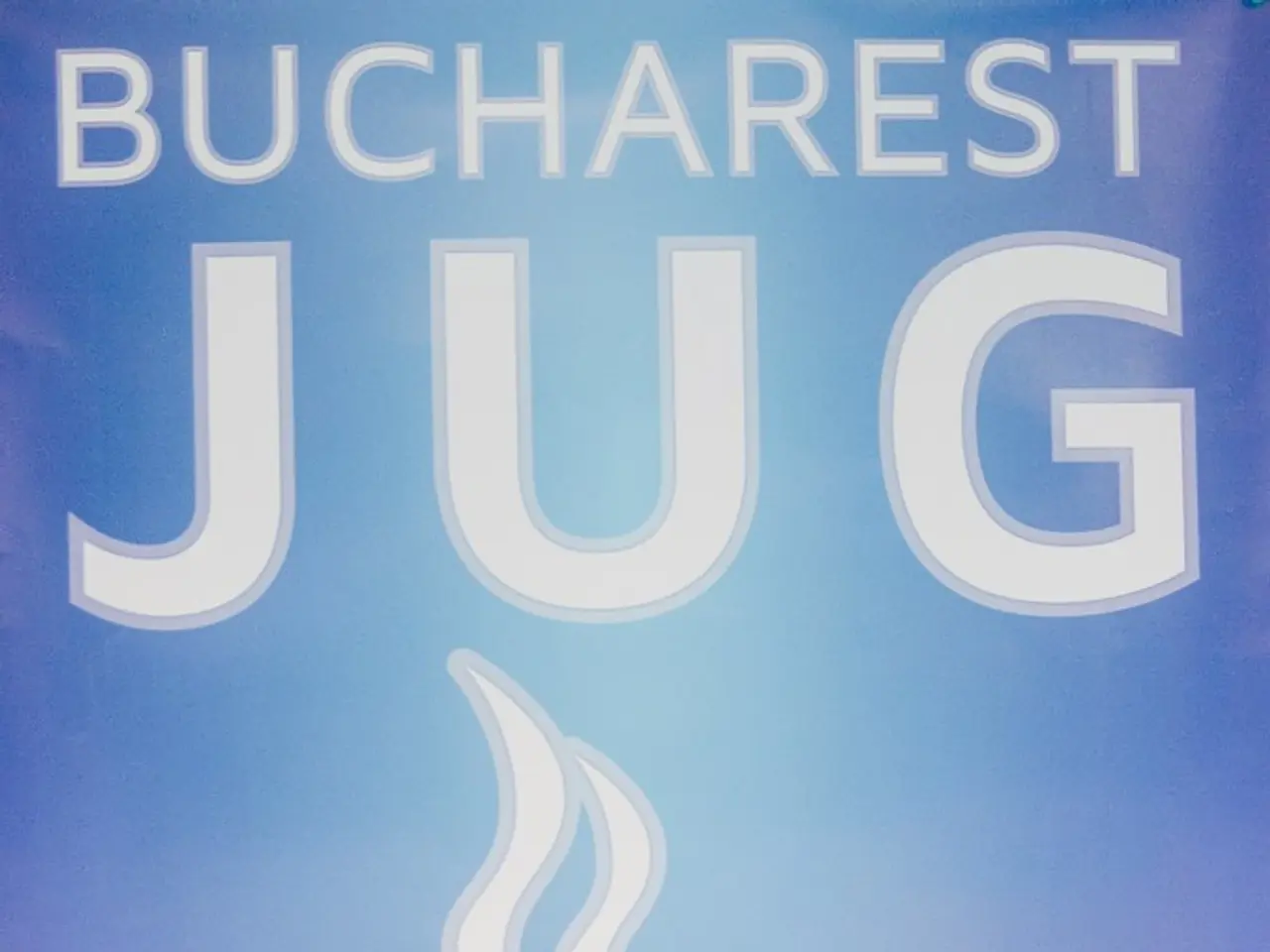Essential points for businesses providing stock options to educate their workforce
Employee share plans are a valuable benefit offered by many companies, providing employees with opportunities to invest in their employer's shares in a tax-efficient manner. Here's a breakdown of the main types of employee share plans and their key features:
1. Share Incentive Plans (SIPs)
SIPs allow employees to acquire shares, with the option to receive free shares (up to £3,600 annually), buy shares from gross salary, receive matched shares from employers (up to two additional shares for each share purchased), or purchase shares with dividends.
If shares are held for at least 5 years, no income tax or National Insurance Contributions (NICs) apply on their value. Dividend shares held for 3 years are also free from income tax on dividends. Contributions are made from pre-tax salary, reducing income tax and NICs. Gains from shares held in SIPs are also free from Capital Gains Tax (CGT).
2. Save As You Earn (SAYE)
SAYE is a savings plan over 3 or 5 years that allows employees to save up to £500 per month. At the end of the plan, employees can buy shares at a price fixed at the start of the contract, often at a discount.
SAYE offers income tax and NICs relief on option gains, but CGT applies on subsequent disposition. Gains above the annual exempt amount are taxed up to 24%. Payment holidays up to 12 months are allowed without losing rights.
3. Company Share Option Plans (CSOP)
CSOP allows employees to buy shares at a fixed price in the future, under HMRC-approved terms. Tax benefits include no income tax or NICs on exercising options if held according to conditions. Gains on sale are subject to CGT.
4. Enterprise Management Incentives (EMIs)
EMIs are designed for smaller companies/startups, offering tax-advantaged share options to key employees. Tax benefits typically include no income tax or NICs on option exercise up to an agreed limit, and CGT on gains.
5. Employee Stock Purchase Plans (ESPPs) (mainly US context)
ESPPs offer employees the opportunity to buy shares at a discount. Qualified ESPPs follow IRS Section 423, allowing payroll deductions of up to $25,000 yearly, with share discounts capped at 15%. These use pre-tax contributions and have favorable tax treatment on gains. Non-qualified ESPPs have more flexible terms but potentially less favorable tax treatment.
Tax Benefits Summary
- SIPs offer income tax and NICs relief if shares are held for 5 years, plus CGT exemption on gains.
- SAYE provides income tax and NICs relief on option gains, but CGT applies on subsequent disposition.
- CSOP and EMIs rely on HMRC approval to deliver significant income tax and NICs savings at option exercise, with CGT on shares' sale.
- Qualified ESPPs offer pre-tax contributions and potentially favorable tax timing but differ by jurisdiction (mainly US rules).
Support Available to Employees
Employers typically provide detailed information and guidance on plan participation, tax implications, contribution amounts, and rights to enhance understanding and decision-making. Employee communications often include FAQs, webinars, explanatory guides, and access to financial or tax advice to clarify scheme benefits and obligations.
For SAYE, provisions like contribution holidays help manage payment flexibility. Companies may also use illustrative examples or links to official HMRC resources to aid employee comprehension.
In summary, these share plans vary in complexity and tax treatment but generally offer employees opportunities to acquire shares tax-efficiently. Employers play a key role in educating employees about their benefits and tax consequences through ongoing support and communication.
Both SAYE and SIP have attractive tax benefits, with SAYE gains being free from income tax but chargeable to Capital Gains Tax, and SIP contributions being made from pre-tax income. Companies can gift 'free shares' of up to £3,600 in any tax year to employees through SIP.
Diversifying investment is important for employees participating in share plans to avoid putting all their eggs in one basket. Businesses view share plans as important tools for recruiting and retaining staff, engaging the workforce, and driving workplace performance. The most popular share plan offered by companies is Save As You Earn (SAYE), also known as Sharesave.
A lack of understanding of how share plans work can be a barrier to employee participation. Leading employers provide financial education and guidance on share plans and the choices of what to do when the shares are released.
- Engaging in personal-finance education-and-self-development activities can help employees make informed decisions when considering participating in employee share plans, such as SAYE and SIP, due to their unique tax benefits and investment opportunities.
- In the realm of technology, tools and resources are increasingly becoming available to support employees' understanding of employee share plans, facilitating their ability to manage their finances Effectively and make wise investment choices.




